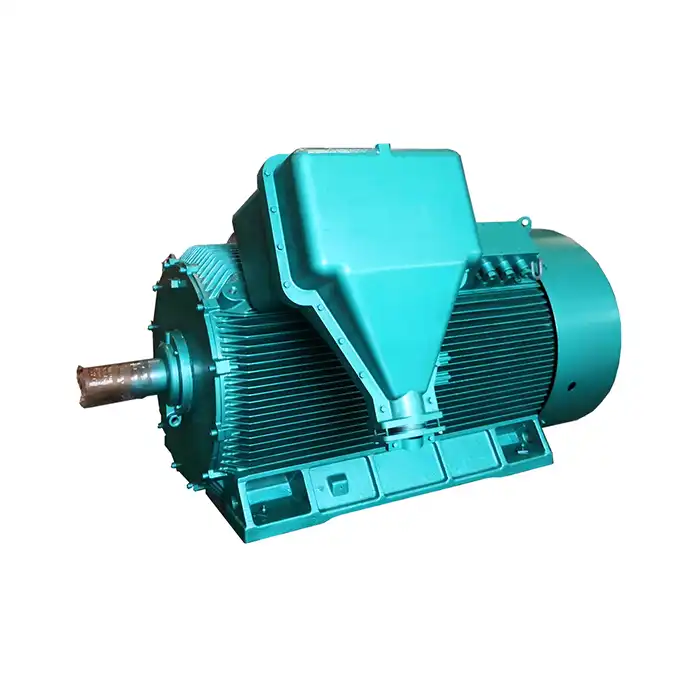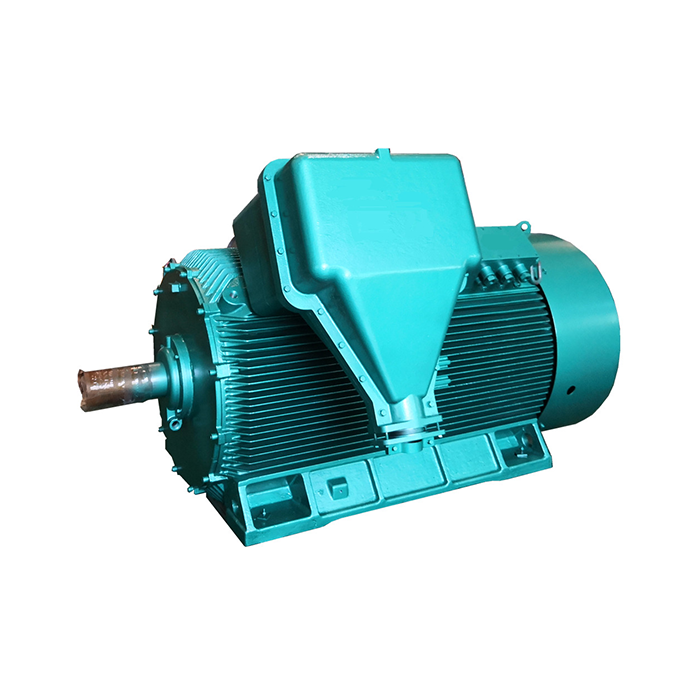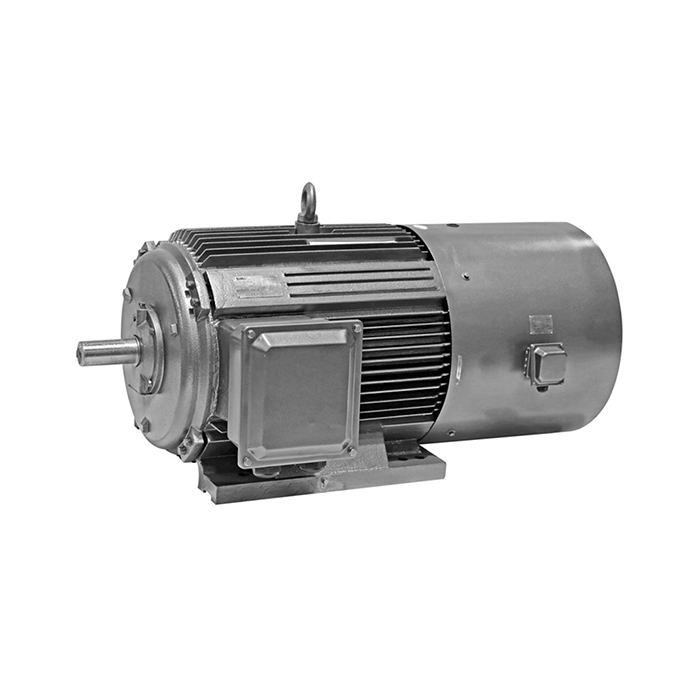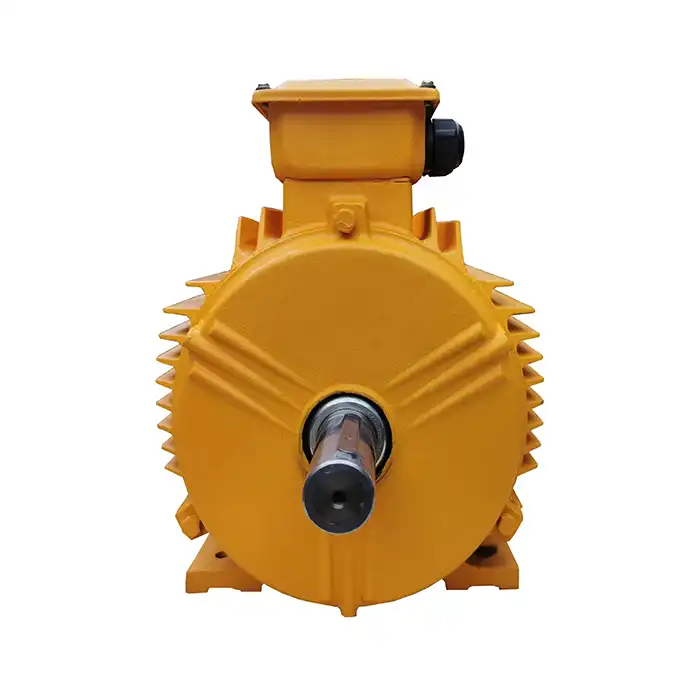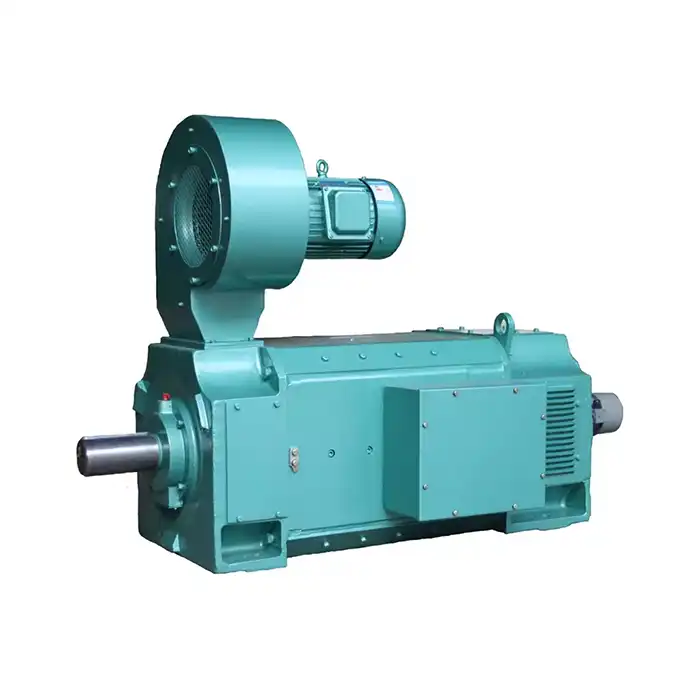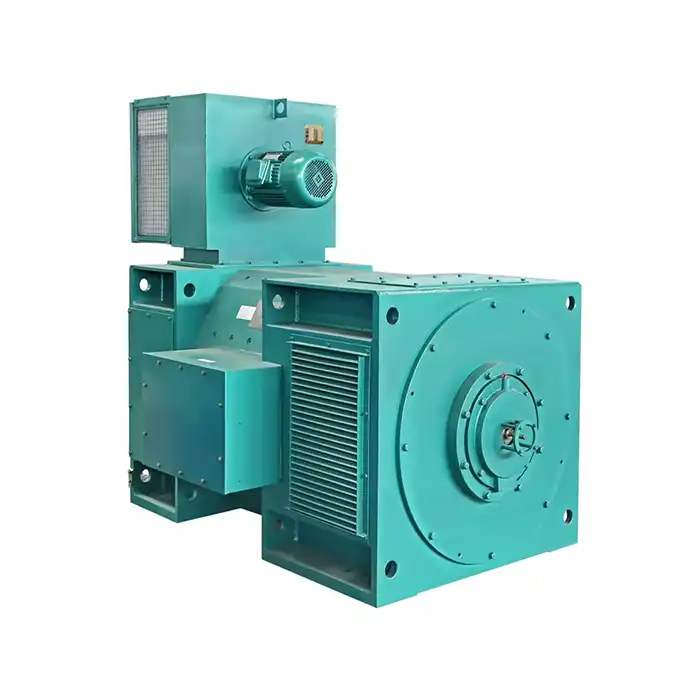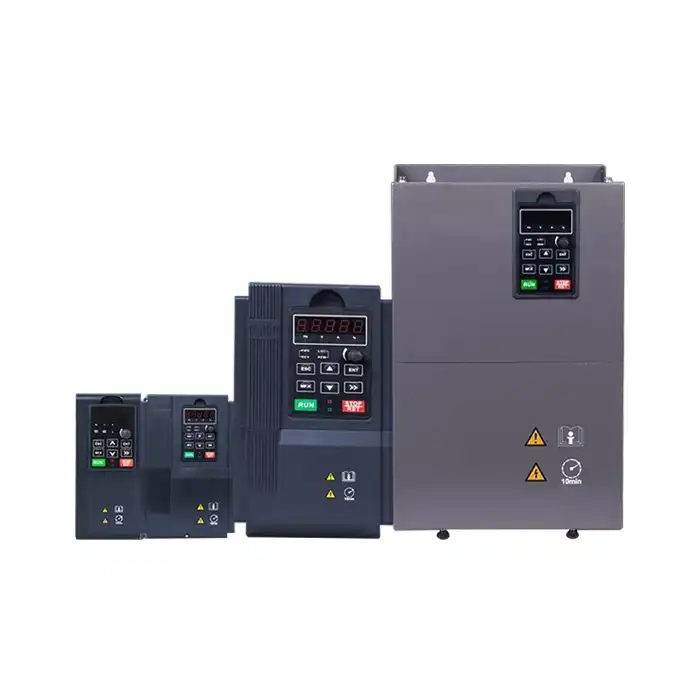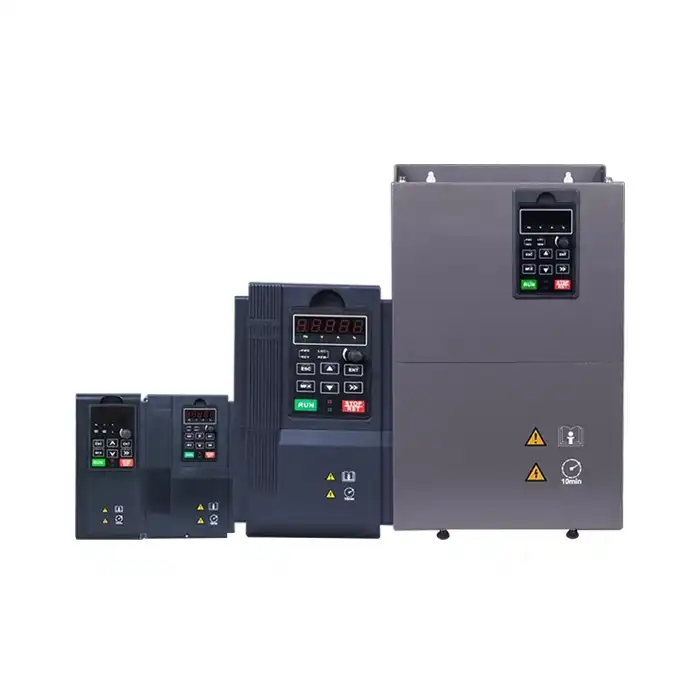Power vs. Precision: DC and Servo Motors
Understanding DC Motors
DC motors, particularly those with high power ratings like a 200hp DC motor, are known for their ability to deliver substantial torque and power. These motors operate on direct current and are valued for their simplicity, reliability, and ease of control. A 200hp DC motor can provide consistent power output across a wide range of speeds, making it suitable for applications that require high torque and power.
Servo Motors: Precision in Motion
Servo motors, on the other hand, are designed for precision control. They incorporate a feedback mechanism that allows for accurate positioning and speed control. Servo motors can quickly respond to changes in load or command signals, making them ideal for applications that require precise movements or rapid changes in speed and direction.
Power Output Comparison
When comparing a 200hp DC motor to a servo motor, the most noticeable difference is in power output. The DC motor can deliver a substantial 200 horsepower, which translates to about 149 kilowatts of power. This level of power is often necessary for heavy-duty industrial applications. Servo motors, while available in various sizes, typically don't reach such high power outputs. They are more commonly used in lower-power applications where precision is paramount.
Control and Feedback
One of the key advantages of servo motors is their built-in feedback system. This allows for closed-loop control, enabling precise positioning and speed regulation. A 200hp DC motor, while powerful, typically operates in an open-loop system. This means it doesn't have the same level of inherent precision as a servo motor. However, with additional control systems, DC motors can achieve improved accuracy and control.
Applications: When to Choose DC over Servo
Industrial Machinery
In many industrial settings, a 200hp DC motor can be the preferred choice. These motors excel in applications that require high power and torque, such as:
- Large conveyor systems
- Heavy-duty pumps
- Industrial fans and blowers
- Crushers and grinders in mining operations
In these scenarios, the consistent power output and ruggedness of a DC motor are often more valuable than the precise control offered by servo motors.
Servo Motor Applications
Servo motors, while not typically available in 200hp sizes, find their niche in applications requiring high precision and dynamic performance. Common uses include:
- Robotics and automation
- CNC machines
- Packaging equipment
- 3D printers
In these applications, the ability to make quick, precise movements is more critical than raw power output.
Hybrid Solutions
It's worth noting that in some complex industrial systems, both types of motors might be used in tandem. A 200hp DC motor could provide the main drive power, while smaller servo motors handle precise positioning or auxiliary functions.
Cost-Benefit Analysis: 200hp DC vs. Servo Motors
Initial Investment
When considering the cost of a 200hp DC motor versus a servo motor system, several factors come into play:
- DC Motor Costs: Generally, high-power DC motors have a lower initial cost compared to servo systems of similar power output. The simplicity of DC motor design contributes to this cost advantage.
- Servo System Costs: Servo motors, especially those designed for high-precision applications, often come with a higher price tag. This is due to the integrated feedback mechanisms and more complex control systems.
Operating Costs
While the initial investment is an important consideration, it's equally crucial to factor in long-term operating costs:
- Energy Efficiency: Servo motors often have an edge in energy efficiency, especially in applications with variable loads or frequent starts and stops. A 200hp DC motor might consume more energy in such scenarios.
- Maintenance: DC motors, particularly brushed types, may require more frequent maintenance due to brush wear. Servo motors, being brushless, typically have lower maintenance requirements.
Performance Benefits
The value derived from each motor type depends heavily on the specific application:
- DC Motor Benefits: In applications requiring sustained high power and torque, a 200hp DC motor can provide excellent value. Its ability to maintain power output over long periods can be crucial in certain industrial processes.
- Servo Motor Advantages: For applications where precision and rapid response are critical, the higher cost of a servo system might be justified by improved product quality, reduced waste, or increased productivity.
Long-Term Considerations
When conducting a cost-benefit analysis, it's important to look beyond immediate needs:
- Scalability: Consider how easily the motor system can be scaled or adapted to future needs. Servo systems often offer more flexibility in this regard.
- Integration: Evaluate how well each motor type integrates with your existing or planned control systems. Servo motors often have an advantage in modern, highly automated environments.
- Lifespan: While both motor types can be durable, the specific operating conditions and maintenance practices will significantly impact their lifespan and long-term value.
Conclusion
Choose between a 200hp DC motor and a servo motor setup after giving your needs a lot of thought. A DC motor is a cheap and efficient way to power many business processes. They are also great for jobs that need a lot of force and power. Servo motors don't usually have this much power, but they are very accurate and work well when exact control is needed.
When making your choice, think about how much power you need, how accurate it needs to be, how much it will cost at first, how much it will cost over time, and how flexible it needs to be in the long run. A hybrid method that uses both types of motors might be the best answer in some cases. Finding the right motor for your wants and business goals is what will determine the best choice in the end.
FAQ
1. What are the main differences between a 200hp DC motor and a servo motor?
Their power output, control accuracy, and usual uses are what make them different. A 200hp DC motor has a lot of power and torque, making it good for heavy-duty industry uses. Even though servo motors usually put out less power, they are very precise and work well in situations where they need to be positioned accurately and respond quickly.
2. Can a servo motor replace a 200hp DC motor?
Due to changes in power output, a single servo motor usually can't be used instead of a 200hp DC motor. Many times, servo motors are used in low-power situations where accuracy is more important than raw power. But it's possible to use more than one servo motor in a setup to get a high power output and better accuracy.
3. Which motor type is more energy-efficient?
Most of the time, servo motors are thought to use less energy, especially in situations where the load changes often or the motor starts and stops a lot. A 200hp DC motor, on the other hand, can be competitive in situations where a steady high-power output is needed.
Power Up Your Operations with XCMOTOR
At XCMOTOR, we know how important it is for industrial uses to have high-performance motors. Our range of DC motors, which includes the strong 200hp DC motor, is made to meet the tough needs of many businesses. We offer dependable power options that keep your businesses running smoothly because we care about quality, efficiency, and customer satisfaction.
The staff at XCMOTOR is here to help you whether you need a high-power DC motor for heavy-duty uses or want professional help choosing a motor. We offer custom options that are made to fit your needs, ensuring the best performance and energy efficiency.
Contact us today at xcmotors@163.com to discuss how our 200hp DC motor and other power equipment solutions can elevate your industrial processes. Let XCMOTOR be your trusted partner in powering your success.
200hp dc motor manufacturer: XCMOTOR - Your reliable source for high-performance industrial motors.
References
1. Johnson, R. (2022). "High-Power DC Motors in Industrial Applications: A Comparative Study"
2. Smith, A. et al. (2021). "Servo Motor Technology: Advancements and Applications in Precision Control"
3. Brown, T. (2023). "Energy Efficiency in Industrial Motors: DC vs. Servo Systems"
4. Lee, S. (2022). "Cost-Benefit Analysis of Motor Selection in Heavy Industry"
5. Williams, P. (2021). "The Future of Industrial Automation: Integrating High-Power DC and Servo Motors"
6. Chen, L. (2023). "Comparative Performance Analysis of 200HP DC Motors and Servo Systems in Manufacturing"




